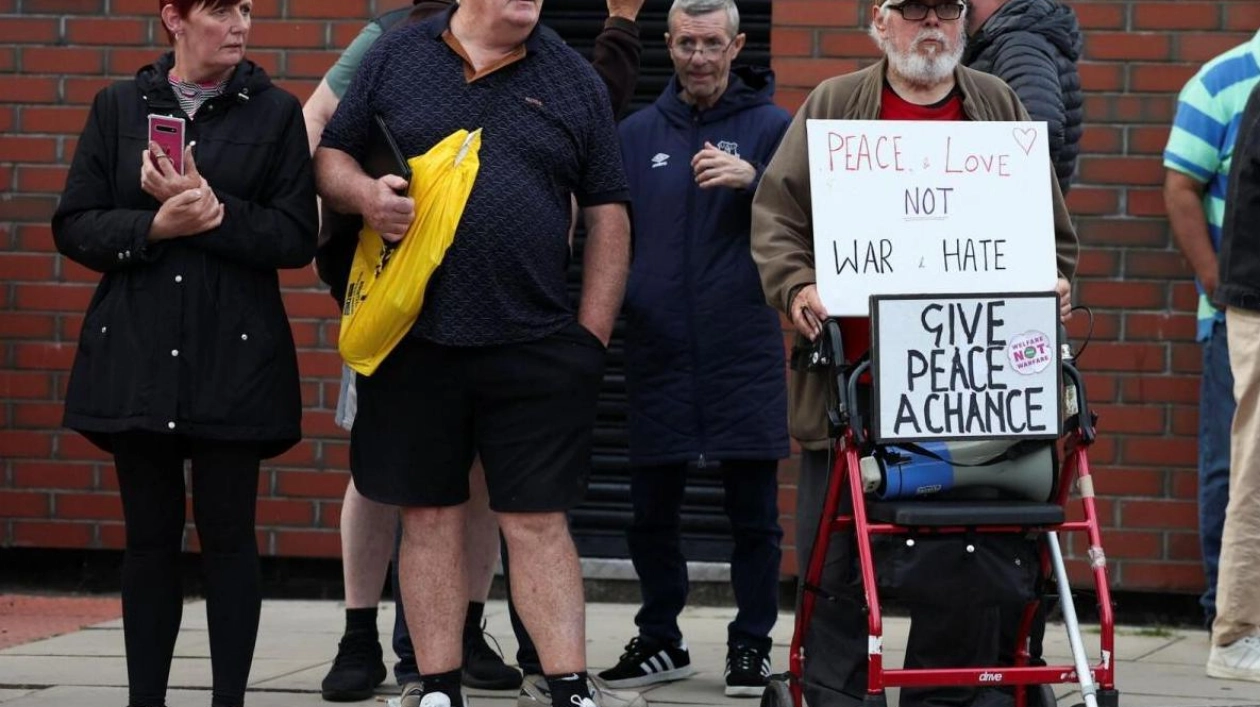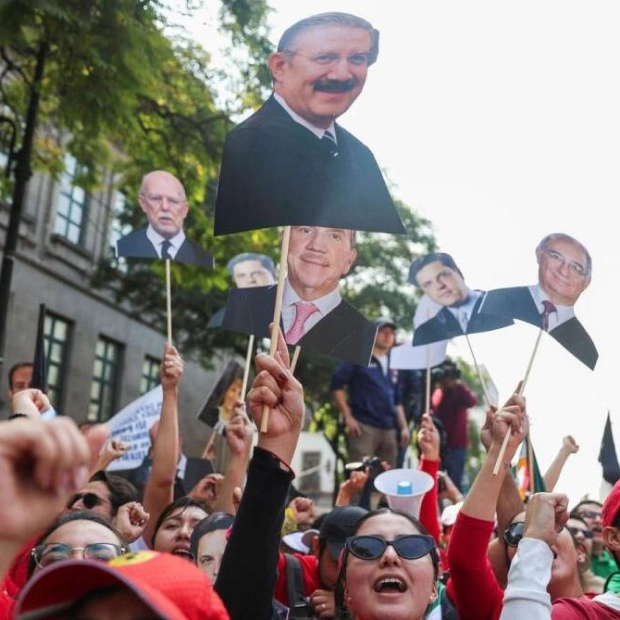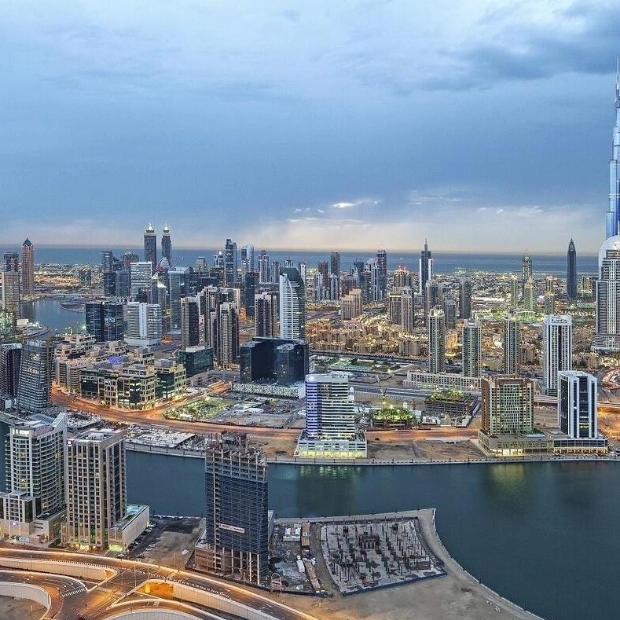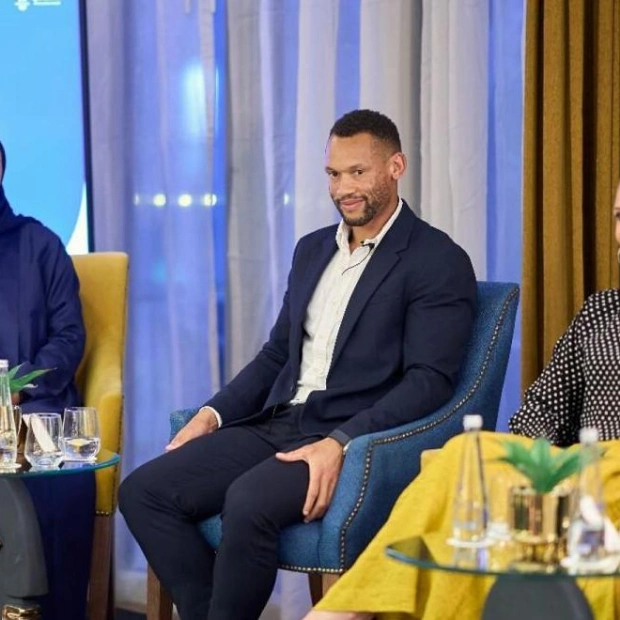For Liverpool's largest mosque, the Al Rahma Mosque, it's been a week of unprecedented events. Most entrances have been barricaded, security personnel in high-visibility jackets have been patrolling in shifts, and a few worshippers have been staying overnight inside — all deemed necessary by mosque officials amid the UK's worst riots in years. The heightened security measures reflect the unease among some Muslims and ethnic minorities in Liverpool who feel threatened by the violent, racist protests that have targeted mosques, immigration centers, and hotels, affecting even the traditionally progressive city in northern England.
The sense of alarm is palpable among both mosque officials and local Muslims, especially after two mosques in northern England were attacked by violent mobs, leading to clashes between anti-immigration protesters and counterprotesters in central Liverpool. Shops were looted, and some police officers were injured. The Abdullah Quilliam Mosque, self-proclaimed as Britain's first, has temporarily shut down due to the violence, which was exacerbated by a false online narrative linking the killer of three girls in nearby Southport to an Islamist migrant.
Abdulwase Sufian, a 20-year-old student assisting at the Al-Rahma Mosque, expressed his disillusionment, referring to himself as a 'Scouser'. 'Seeing this, it just doesn't feel like home,' he said, with the mosque's distinctive yellow dome and pink-and-yellow minarets in the background. The separate female entrance at the mosque, which serves a diverse Muslim community from ethnic Yemeni to Pakistani, has been closed to discourage women from visiting in the evenings due to safety concerns. Sufian has confined himself to his immediate neighborhood, fearing for his safety, a sentiment shared by others in the community.
Saba Ahmed, a community worker and fellow Liverpudlian Muslim, described feeling 'terrified' in recent days, with her 15-year-old son opting to stay indoors during his summer holidays. Despite the fear, many of Ahmed's white English friends have shown support, with some neighbors even offering to shop for her. However, not everyone has been so fortunate. Farmanullah Nasiri, a taxi driver, recounted being assaulted by two passengers from Aigburth Road, Liverpool, one of whom punched him and broke his dashcam after learning he was an ethnic Afghan.
Tell MAMA, a group monitoring anti-Muslim incidents, has reported a five-fold increase in calls and online reports of anti-Muslim behavior across the UK in the past week, with director Iman Atta describing Muslim communities as 'terrorised'. The rise in anti-Muslim hate in the UK predates the recent riots and has intensified following the conflict in Gaza last year. A survey by Tell MAMA found that over one in four British Muslims had faced an anti-Muslim hate incident in the last year.
Amidst the tension, Muslim community leaders are advocating for calm, discouraging counter-protests that could escalate the situation. Sajjad Amin, trustee of the UKIM Khizra Mosque in Manchester, emphasized the need for caution to avoid sparking further unrest. Some leaders have successfully defused tensions, such as Imam Adam Kelwick at the temporarily-closed Abdullah Quilliam Mosque, who managed to calm protesters with offers of food and dialogue.
The Muslim population in England and Wales, which stands at 3.9 million or 6.5% of the total as of 2021, is among those feeling the strain. On Tuesday evening, rumors of a far-right gathering led to early closures of shops on Lawrence Road. Local resident Santhosh Thomas, an ethnic Indian, took measures to secure road signs, fearing they could be used as weapons. 'It's not just Muslims... everyone is scared,' Thomas said, as a police van patrolled Lawrence Road.






